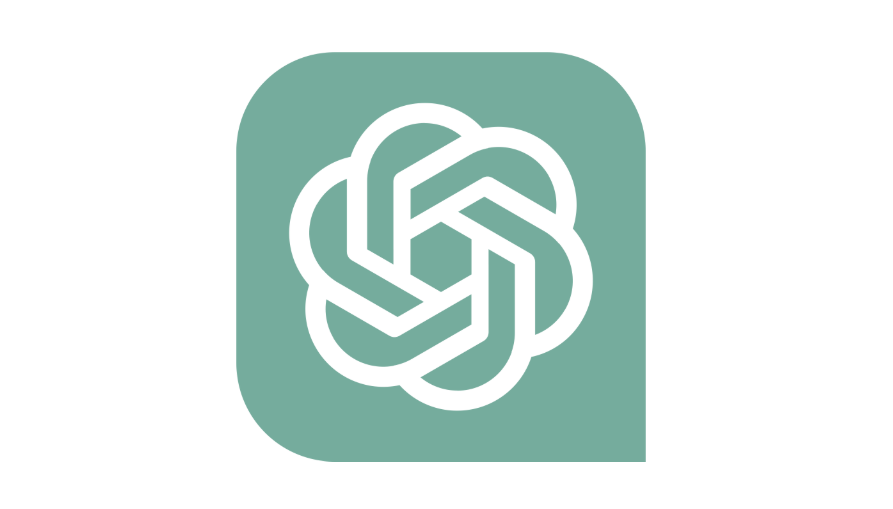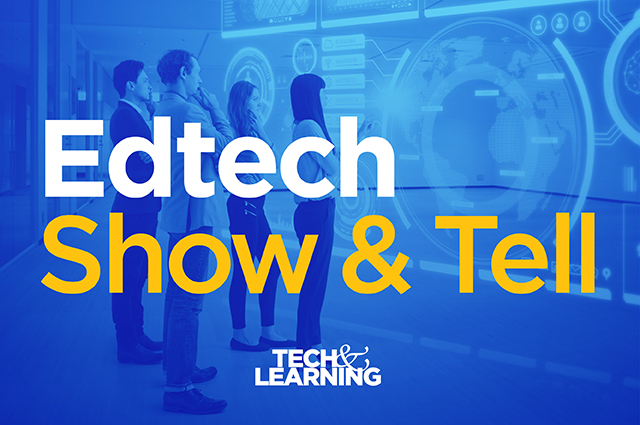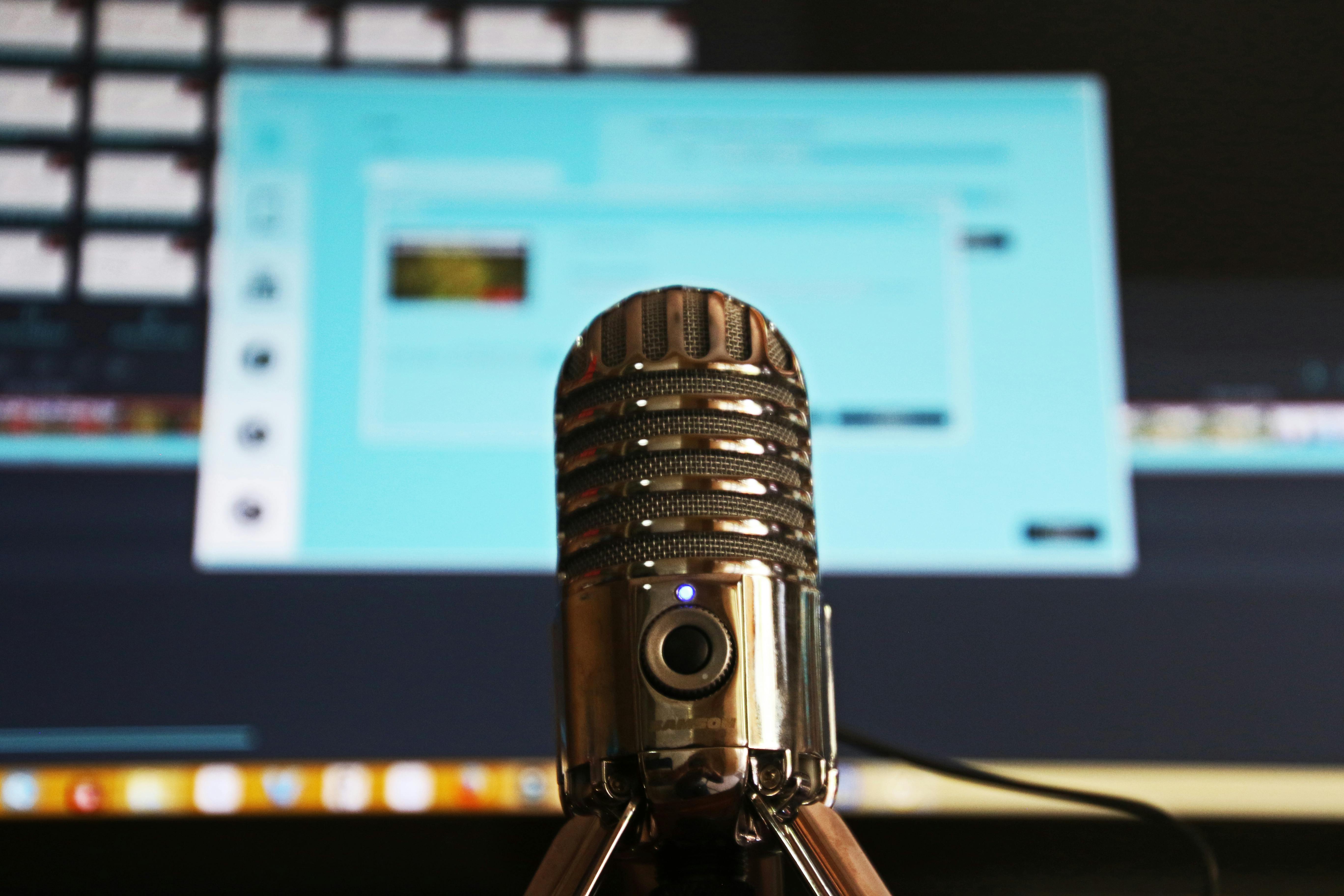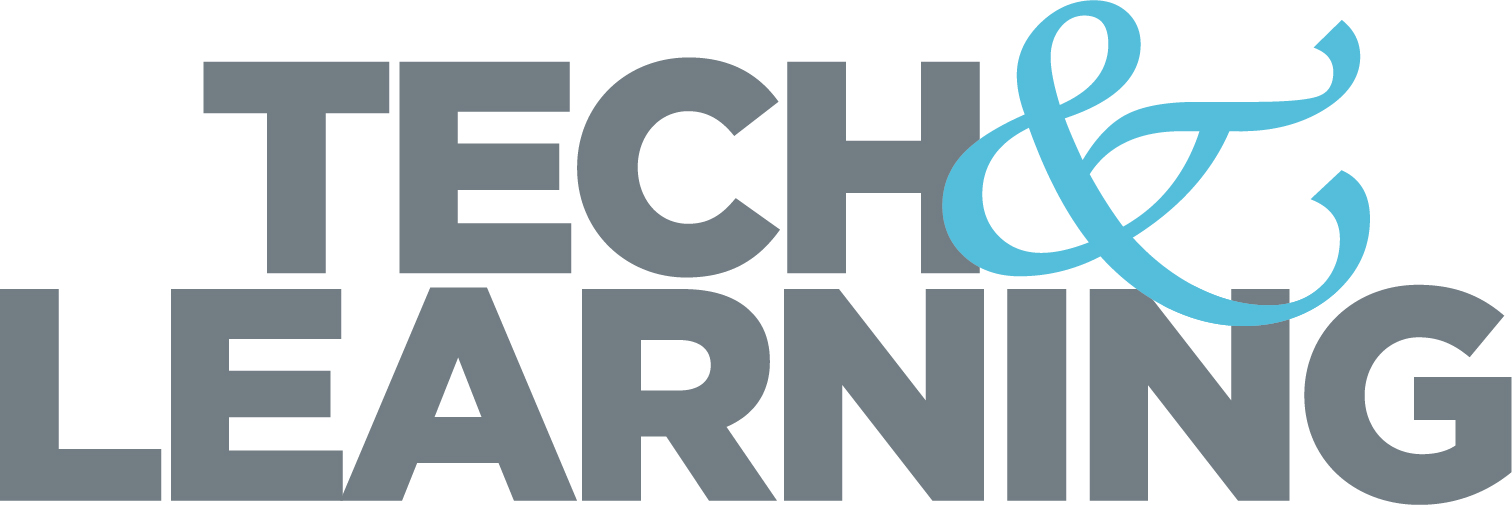Sal Khan: ChatGPT and Other AI Technology Herald “New Epoch”
Online learning pioneer Sal Khan believes ChatGPT-style AI technology is going to change the world and educators are already among the first to feel its impact.
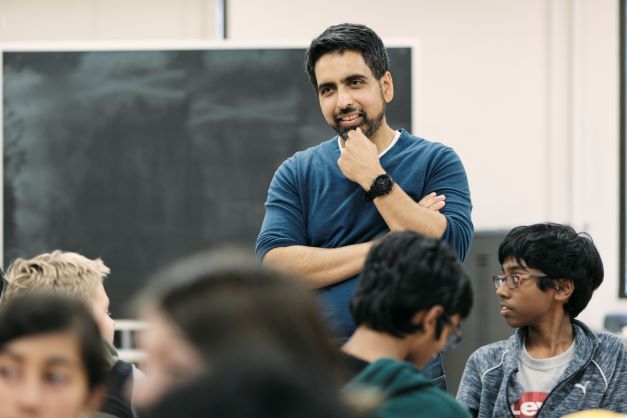
Sal Khan believes the impact of AI technologies such as ChatGPT will be greater in education and beyond than the advent of search engines or smartphones.
“It is a new epoch and it is the most epoch of the epochs, I really believe, and I wouldn't have said that six months ago or a year ago,” Khan says. “This is a moment we're in. I don't think this is hype. And education is really at the center of this hurricane. It's the first field that is getting a shock.”
In 2008, Khan founded the nonprofit Khan Academy, a free online resource for students with lessons in math, sciences, and the humanities. Today, it has more than 145 million registered users.
Khan shares his thoughts on the ways AI and chatbot technology will change education and how teachers can update their educational practices to embrace it.
A Potential Boon To Writing Instruction
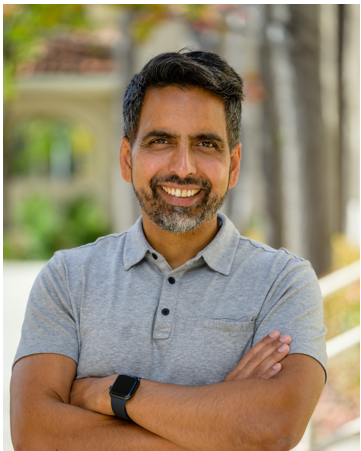
Khan believes there is tremendous potential for ChatGPT and similar AI technology to help teach students to write better. Currently, despite the best efforts of K-12 educators, many students still struggle to write well when they enter college.
“Most students can't write a five-paragraph essay. They can't write a cogent paragraph with a thesis statement,” he says. AI could potentially help with this by providing students with an encouraging writing coach that provides more feedback and in a much more timely manner than even the most dedicated teacher ever could.
“Writing, infamously, has a very slow feedback loop,” Khan says. “Even old-school math, pre-Khan Academy had a faster feedback loop. With things like Khan Academy you get immediate feedback, which is one of the things we've always said: ‘Imagine having to shoot free throws and not knowing if you made them until the next morning.'”
Tech & Learning Newsletter
Tools and ideas to transform education. Sign up below.
AI has the potential to extend this immediate feedback from math to writing, reducing the response time for essays from a week or two to a few seconds. The feedback will also be more consistent, Khan says.
Other Learning Opportunities
Teachers can use AI programs to create lesson plans, and ChatGPT is already being used in this way. “That experience is only going to get better as people create applications around it,” Khan says.
Educators can already use AI to grade papers and other work, and there are numerous apps that leverage AI to support teaching. Khan believes any initial reluctance educators might have about using ChatGPT-type tools as a grading assistant will dissolve after they see how fast and good AI tools will become at it. “If you're a university professor teaching a 300-student English 101 with eight TAs, you're not grading, those TAs are grading,” Khan says. “And now every teacher is going to have an army of TAs.”
Khan also believes in the future almost every job will require working with AI technology in some capacity and there will be specific jobs geared toward writing AI prompts. So having students learn how to interact with AI early on makes sense.
For example, Khan says a teacher might require students to use ChatGPT-style technology to write multiple chapters in a novel. “It's not easy to do a multi-chapter novel, you're gonna have to think about how it fits together, etc. It's still gonna take you a few hours to do that, or probably more,” he says. “But it’s very fun because you get a lot of output very quickly.”
What About Those Who Use ChatGPT to Cheat?
Khan acknowledges the challenges educators face this current school year adjusting to ChatGPT on the fly. One simple way he suggests educators can prevent this misuse of ChatGPT is to have students work on shorter essays during class time. “I actually think this is a much better use of class time, definitely better than lecturing,” he says.
He also doesn’t agree with school districts that ban the technology both because such bans are unenforceable, and even if these were enforceable, it would take away potential benefits to students from using the technology.
And not all the cases of supposed ChatGPT “cheating” are clear cut in Khan’s mind. For instance, students have begun to use ChatGPT to write their college admission essays, and while it may be questionably ethical to do so, the use of the technology in this way is raising important questions about the college admission process overall.
“It’s really healthy because it just puts a spotlight on what's already been going on,” he says. “If you're an affluent student, these people hire $5,000, $10,000 admission coaches, who aren't AI, they're 'I.' That's already happening and so to some degree, this levels the playing field, and it puts it in everyone's face that this was not really an equitable way to evaluate who gets in and who doesn't.”
Khan has told his employees to start experimenting with ways in which they can utilize ChatGPT and other AI technologies to enhance their work.
Ultimately, he believes that AI technology will help teachers and students everywhere. “If I were to guess, I think this is going to be a major accelerant and benefit for education, in the not-too-far future,” he says.
Erik Ofgang is a Tech & Learning contributor. A journalist, author and educator, his work has appeared in The New York Times, the Washington Post, the Smithsonian, The Atlantic, and Associated Press. He currently teaches at Western Connecticut State University’s MFA program. While a staff writer at Connecticut Magazine he won a Society of Professional Journalism Award for his education reporting. He is interested in how humans learn and how technology can make that more effective.





